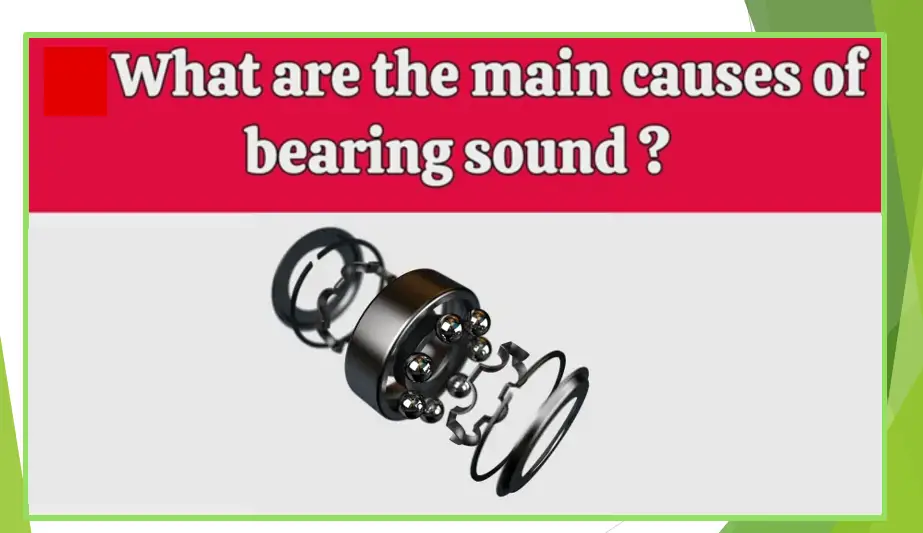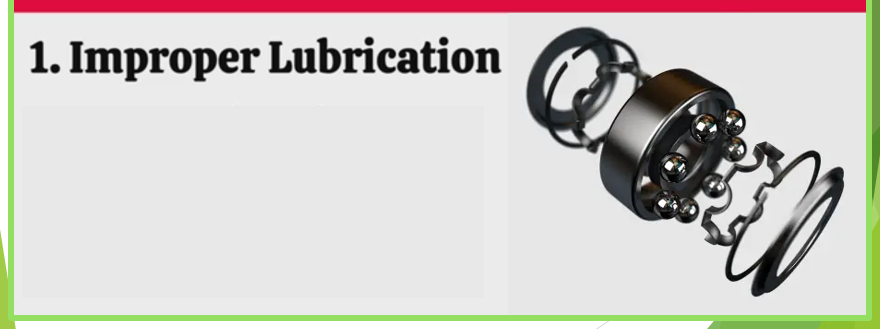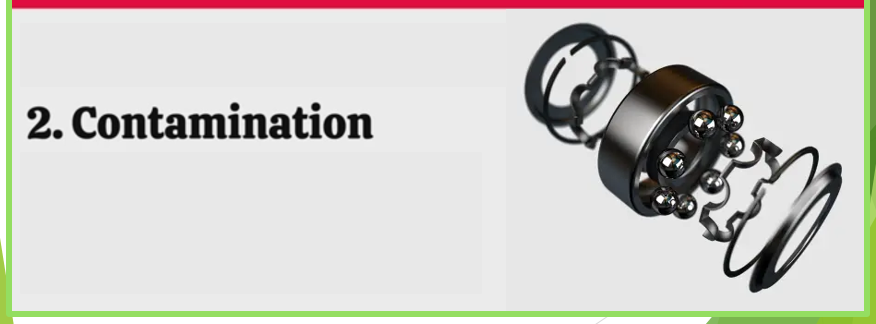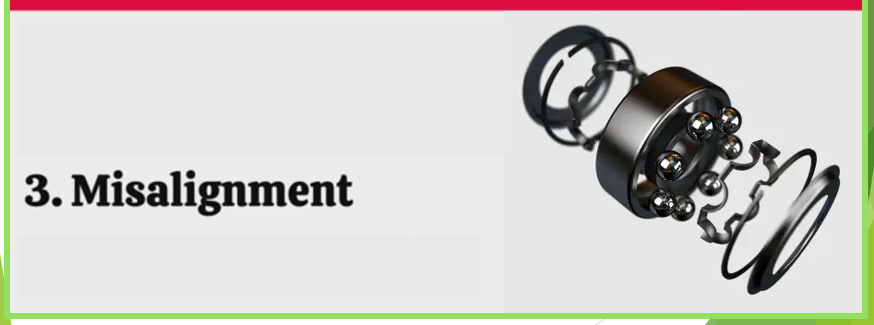
The main causes of bearing sound can typically be attributed to various factors, such as poor lubrication, misalignment, contamination, and improper installation. Inadequate lubrication can lead to increased friction between the bearing components, which in turn generates a prominent buzzing or humming sound. Misalignment of the bearing with its housing or shaft can cause uneven wear on the rolling elements, resulting in a knocking or grinding noise.
Contamination from dirt, debris, or moisture can also contribute to abnormal sounds as foreign particles disrupt the smooth operation of the bearing. Furthermore, incorrect installation practices such as improper torquing or insufficient preloading may lead to excessive vibrations and noise. Identifying and addressing these root causes of bearing noise is critical in preventing further damage and ensuring optimal performance of mechanical systems.
Related Post:
- Ultimate Guide to Landing Your First Mechanical Engineering Job
- From Mechanical Design Engineer to Engineering Manager: Making the Leap
- How to Negotiate Your Engineering Salary Like a Pro
1. Improper Lubrication-:

Lack of lubrication in bearings can have detrimental effects on machinery and equipment performance. Without proper lubrication, bearings are exposed to increased friction, heat, and wear, leading to premature failure and costly repairs. The absence of lubricant also allows for the accumulation of dirt, debris, and moisture within the bearing assembly, further exacerbating the issue. This can result in noisy operation, vibration, increased energy consumption, and decreased overall efficiency.
To prevent these problems, it is essential to regularly inspect and maintain proper lubrication levels in bearings according to manufacturer recommendations. Choosing the correct type of lubricant based on factors such as load capacity, speed, temperature range, and environmental conditions is crucial to ensure optimal performance and longevity of the bearing system.
Related posts:
- Backflip’s new AI-based plug-in for SolidWorks
- 5 Soft Skills Every Successful Mechanical Engineer Needs
- Demystifying GD&T: Position Tolerance Explained
2. Bearing Sound Due to Contamination-:

Bearing contamination refers to the presence of unwanted foreign substances, such as dust, dirt, moisture, or debris, within a bearing system. These contaminants can compromise the smooth operation of the bearings and ultimately lead to premature wear, reduced efficiency, and potential failure of the equipment. In industrial settings, bearing contamination is a common issue that requires careful monitoring and preventative measures to ensure optimal performance and longevity of machinery.
Regular maintenance practices, such as lubrication, sealing mechanisms, and cleanliness protocols, are essential in minimizing the risk of contamination and maintaining the integrity of the bearings. By identifying and addressing potential sources of contamination early on, professionals can mitigate costly repairs and downtime associated with bearing failures.
Related posts:
- How AI in CAD Market Transforming Growth
- Creaform Releases Scan-to-CAD Pro for Advanced 3D Data Conversion
- JETCAM Introduces a Free Tool for Viewing CAD Files
2. Bearing Sound Due to Misalignment-:

Bearing failure due to bent shafts and misalignments is a common issue in mechanical systems that can lead to significant downtime and costly repairs. Bent shafts can occur as a result of excessive loads, improper installation, or wear over time. When a shaft is not perfectly straight, it puts additional stress on the bearings, causing them to wear out prematurely and ultimately fail. Misalignments, on the other hand, occur when the components of a system are not properly aligned with each other.
This can cause uneven loading on the bearings, leading to increased friction and heat generation. To prevent bearing failure due to bend shafts and misalignments, regular maintenance and alignment checks are essential. Additionally, using high-quality bearings with proper load ratings can help mitigate these issues and prolong the lifespan of the system.
Related posts:
- FreeCAD Integration with KiCAD
- Propel and Bild Simplify CAD Integration with Cloud-Based PLM–PDM Connection
- JETCAM Introduces a Free Tool for Viewing CAD Files
“Thank you for reading! If you found this article insightful and valuable, consider sharing it with your friends and followers on social media. Your share can help others discover this content too. Let’s spread knowledge together. Your support is greatly appreciated!”

